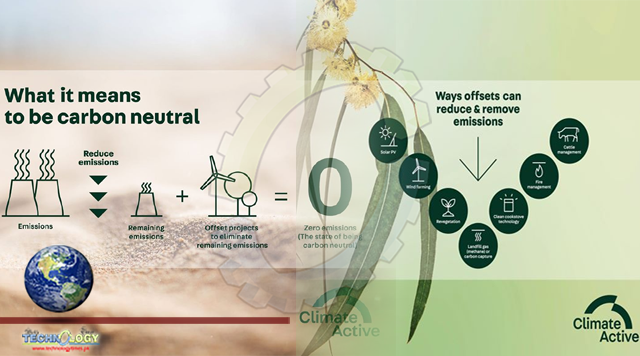Australian upstream firms that hope to develop onshore projects in the Beetaloo or McArthur basins in the NT will have to include CO2 offset schemes in the project proposal, under new guidelines proposed by the ruling Labor government in the NT.

The CO2 offset scheme will only be allowed if the project proponent has already demonstrated they have reduced emissions as much as possible through their direct operational activities, according to the greenhouse gas emission offsets policy and technical guidelines released by the NT government last week. The new directives are part of the NT government’s aim to reach net zero greenhouse gas (GHG) emissions by 2050.
The proposed new rules do not apply to existing upstream projects such as the 3.7mn t/yr Darwin LNG venture operated by Australian independent Santos and the downstream operations of the 8.9mn t/tr Ichthys LNG venture located at Darwin and operated by Japanese upstream firm Inpex, unless these projects plan to expand their production from existing nameplate capacities.
The offset requirements will apply to large emitters, which have an annual emissions of 100,000 t/yr of carbon dioxide equivalent (CO2e), which does not include the counting of emissions generated from land clearing directly associated with the project.
The offsets will also apply to a project planning to clear vast tracts of woodland or vegetation that amount to 500,000 t of CO2e generated from a single project, the NT government said.
The carbon offset schemes must be recognised by the Australian government and the schemes can issue verifiable carbon credits such as Australian Carbon Credit Units, which is administered and regulated by the Clean Energy Regulator or eligible offset units listed under Canberra’s Climate Active Neutral Standards, an alternative emissions offset unit that is recognised by the Australian government.
The NT has a lower GHG emissions profile than Australia’s six states as its low population of around 150,000 people and vast desert area has not made it an emissions intensive jurisdiction, but it is home to several large mines as well as onshore upstream projects.
The Beetaloo and McArthur basins have also been touted to hold some of the largest undeveloped gas resources in the country and has become an area of increasing exploration activity.
Originally published at Argus media